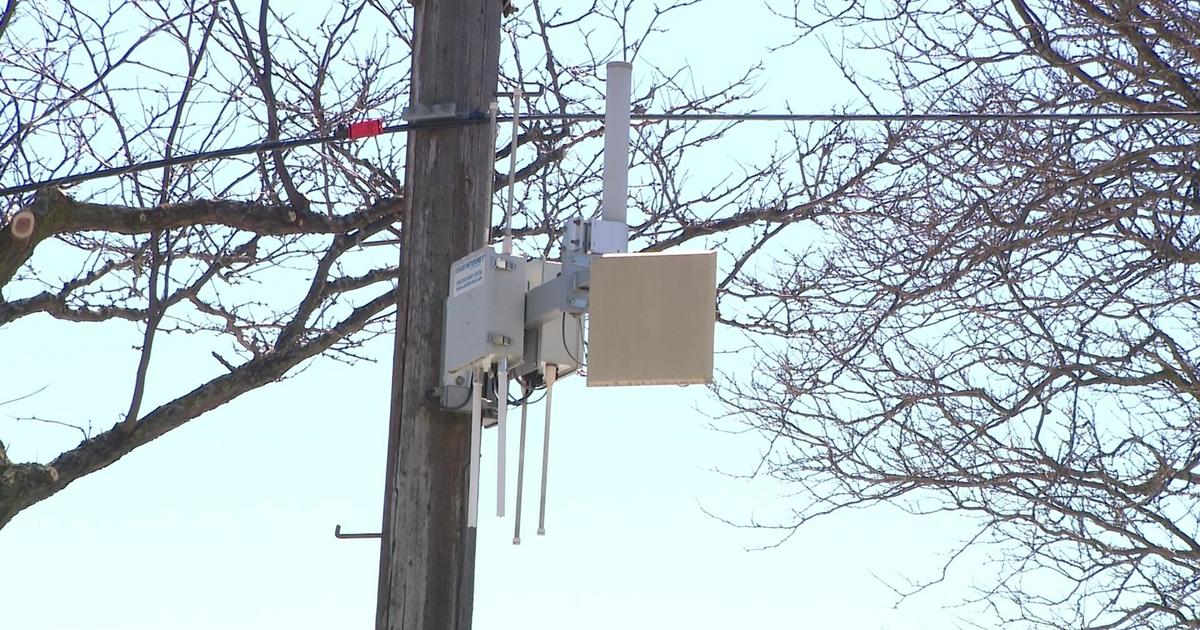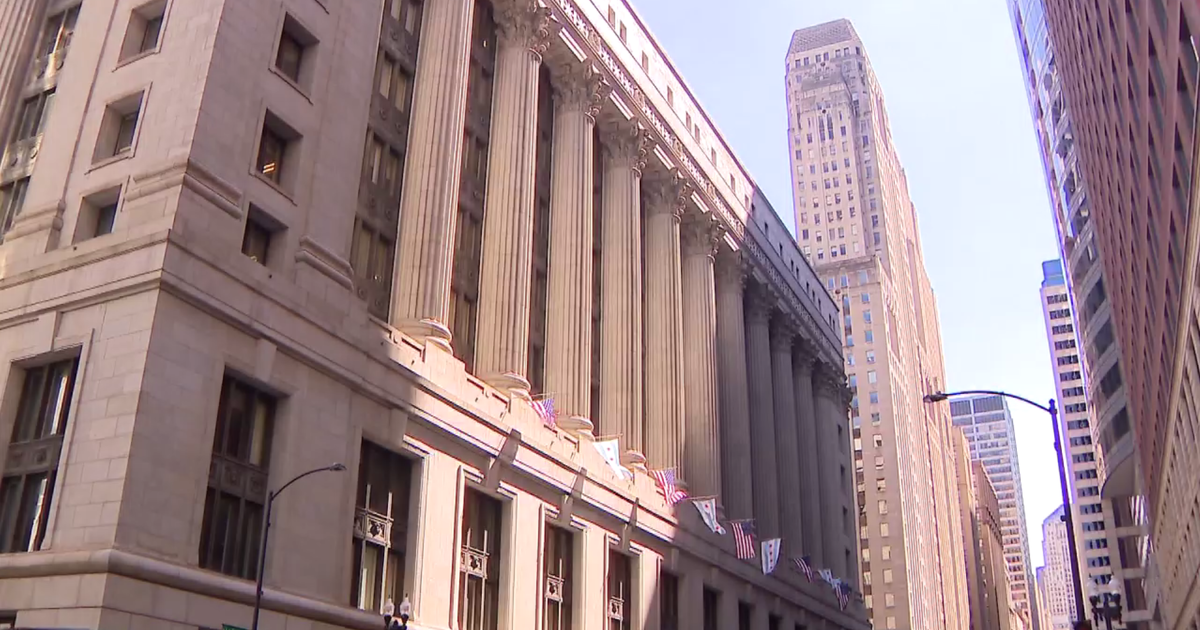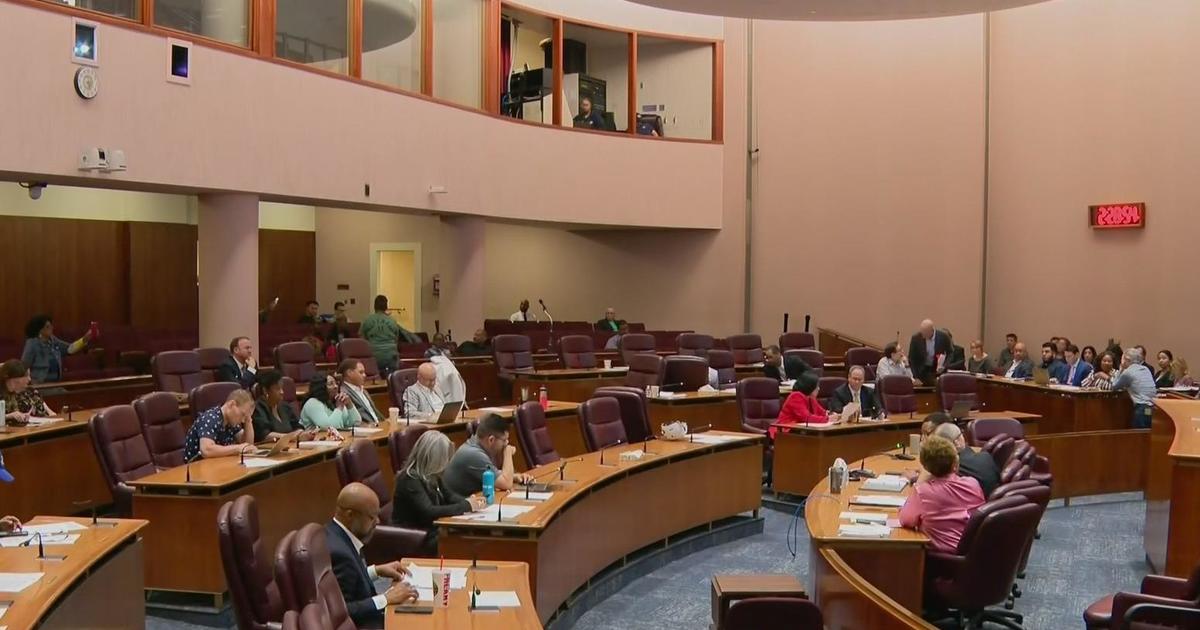Northwest Side Residents Complain Garbage Crews Missed Them
CHICAGO (CBS) -- The city's new strategy for collecting garbage seems to be working well overall, unless you live on a block that gets missed on garbage collection day.
As WBBM Newsradio's Bernie Tafoya reports, Mayor Rahm Emanuel's new garbage pickup plan is based on a grid system rather than by ward boundaries. It is supposed to save $20 million this year, and is being rolled out a few wards at a time.
LISTEN: WBBM Newsradio's Bernie Tafoya reports
Podcast
Right now, it is in place on parts of the North and Northwest sides.
But the Chicago Tribune reports on parts of the Northwest Side, the city received 76 complaints that garbage was still sitting in the alley – although that dropped to 24 complaints the following week.
Among the blocks that had to wait extra, and had garbage containers sitting in the curb in the hot August sun last week, was the 4500 block of North Kostner Avenue, the Tribune reported.
That block got action the old-fashioned way – by residents calling the alderman, the newspaper reported.
The alderman representing that ward, Ald. John Arena (45th), tells the Tribune he plans to keep making sure the garbage gets picked up smoothly and regularly throughout his ward. But the block on Kostner Avenue that generated the complaints will be redistricted in three years into Ald. Margaret Laurino's 39th Ward, the Tribune reported.
The city says the grid system is widely used both by other municipal governments and private waste haulers. Under the new system for Chicago, garbage pickup will be based on routes bordered by main streets and natural boundaries, rather than the non-linear boundaries of aldermanic wards.
In announcing his budget last fall, Emanuel said the ward-based system was woefully outdated.
"No person designing a garbage collection system from scratch would base it on a political map. We've always done it that way because we could afford to. Fed Ex and UPS don't do it that way," he said. "But we can no longer afford to."
The city estimates up to 20 percent fewer crews will be used in the first phase, while providing the same services. By working in a grid, the city expects to reduce fuel and vehicle maintenance expenses.



